Senthil Kumar, Founder of FreshNet Farms
Senthil Kumar spent 15 years in the corporate sector, but felt like he was wasting his time. So he pledged all of his assets to focus on self-fulfillment and his vision to improve what he calls “the village economy.”
Senthil comes from a family of farmers. His first 17 years of life were spent working with vegetables and flowers on this farm in Hosur. During childhood he used to get up at 6:00 am to work on the farm until 8:30 am and then went off to government school. Senthil later pursued an education in agricultural sciences and went on to earn his MBA in Agribusiness from Tamil Nadu Agricultural University, Coimbatore. When he later left his corporate job, Senthil set out to build a crop specific venture in the rural ecosystem.
FreshNet Farms is a social enterprise that aims to build a global marketplace for coconut farmers and increase their net income. Not only does Senthil hope to provide the opportunity of a dignified job for at least 100 youths, he also aims to enhance the living standards of the smallholder coconut farmers and landless laborers in India.
Aditi Das sat down with Senthil to learn more about how he is fulfilling his vision to give back to villages like the one he grew up in.
Q. What inspired you to start Freshnet Farms?
Coming from a rural background, I wanted to empower the youth that are idle in villages as I believe in the village economy. I studied agriculture and even have 15 years of experience in the corporate sector. When you empower rural youth, you improve their capability, capacity and living standard. Prosperity will start from there. I feel the only way to empower them is to give them the opportunity to learn and grow in their life.
I left my luxurious job in a multinational firm at 35, my package was in the six digits. I felt I was wasting my time in corporate life. I had many subordinates that did all the work for me and I only did business decision making. So, I decided to use this time, to build a venture.
My ambition is to employ at least 100 rural youth in Freshnet Farms in the next five years. In India, we are a populous country and we talk about digitalization and mechanization. That is all good, but rural India still has to pass the first step which is to give jobs so that people can earn daily wages like ₹1000- ₹1500. First we need to set our basics, then we can go for improvement by bringing digitalization and mechanization. It’s from this thought process that FreshNet Farms emerged. I wanted to build a crop specific venture in the rural ecosystem. Among all the crops, I landed on coconut, the crop with which I'm trying to fulfill all my aspirations and then replicate with the rest of the crops in the country.
Q. Do you have a background in agriculture? Why coconuts and how did it start?
Setting up a business and earning from the business to pay salaries consistently without any delays, is really a tough job. Which is why you need to stick to a known domain area while doing business. For me that was agriculture. My family was into vegetable farming and flower farming in Hosur. Knowing the science alone will not help us and we also need to know the management and business too. That's why I did my MBA (Agribusiness). It’s important to give security to the people around you, which I have for the last 15 years, so now I'm getting into self-fulfillment. My aspiration is to improve the village economy as only then will the ecosystem improve.
We talk about the per capita income of developed countries but India's per capita income is hardly $2000 dollars per year, per person. But Luxembourg's is around $80,000. I know that population is a different story as Luxembourg has a smaller population, but the message is that we have to improve our capability to earn more to ensure good quality food health for a better life. Agriculture is one of the vehicles which is known to me, and which I have mastered myself in, that's what I believe. So this is the one way where we'll be able to do business and sustain the Indian rural ecosystem.
Q. Have you faced any unique challenges being an entrepreneur? Can you speak a little bit about the challenges or how you probably dealt with them?
Entrepreneurship itself is a challenging journey. I am not a person who was born and brought up with a silver spoon and got adequate capital to run the show. I honestly don't have anything. Whatever salary I earned has been spent completely on my family as I helped my siblings set up their own businesses while I was working but when I wanted to start a business, I didn't have capital. So I pledged all my assets to get a loan from the bank. In India when you approach a bank with a professional designation you will be respected, but when you are detached from all this, you are not very valuable, but I want individuals to be valued. The value will be based on the capability of the kind of ecosystem that you're building today. Today, I am very proud that I have been able to provide employment to 6 rural youth and, because of me, their families are living a dignified life. Currently we have the potential to give 400 families their wages. This is the best part of my life!
The challenge for me was that when I asked my friends and relatives, they were not ready to give, which is why I went for a collateral linked debt funding from the nationalized banks. This really helped me to test and validate the model. Our current staff members supported me even when sometimes I had to delay their salary. I also got resistance from my family members for moving from a comfortable life to a very unpredictable one, so a lot of misunderstandings also happened in the family. After all these things that I have come across I can say that I have proven that this model has worked and it will scale up and we'll be able to grow INR 100 Crore business in the next three years.
Q. I know you do a lot of things for your employees. In Pollachi you made washrooms for them, before it was just a barren land. Now that you're seeing this impact that you are creating as an entrepreneur, how does it make you feel?
Wherever I go, the first thing I see is that the hygienic factor is in place. If not, I will insist our landlord to build it, but if he resists, I will build it, whatever the cost. My wife comes from the background of nutrition and public health so she insists that people need to be hygienic to live a happy life as health is more important than anything else. When you give a better atmosphere, the employees will be healthy and healthy people will be very productive and efficient. That is the background behind building washrooms and providing hygienic drinking water wherever we have facilities for the daily wage laborers.
My rural youth employees used to roam around villages without any guidance and were literally idle. They have a farming background with a very frugal investment and even then they lose money. Even if they have a bumper crop, sometimes markets will crash. Even if they have a very good market, the productivity could be an issue in terms of water scarcity, uncertain climatic conditions and funding scarcity. They're all 25+ and there is a pressure from society to get married, but when you don't have a job, nobody gives them the social status and I identified with them. We groomed them to be in this business and supported them to get married, and also to get confidence in life. I made them buy a car so that they will be safer while traveling. Now they're happy with what they have in life. In 3 years their life has completely transformed.
Q. Talking about the impact that you have created - Is there a particular story of a farmer or youth in the village that has personally affected you?
There are a number of cases like that. Currently, in FreshNet Farms I travel with my staff on a daily basis. Before, they did not even know how to talk professionally, but now they've learned how to talk, what to talk about, and what not to talk about. My wife taught them how to treat their wives as she is very particular about gender equality. It's not like your wife is only there for cooking and laundry. She is your partner in all sense and form. These guys also have kids and the onus is not only on the woman to raise them, the father also has to. I don't think that anybody has given them a job, helping them to get married and have this kind of lifestyle.
Before they ate normal rice and sambar but we got them to eat fruits and vegetables as balanced nutrition. My wife has also given them a weekly chart about what to eat. We have asked them to budget for fruits and vegetables and taught them how they can have a balanced diet. My wife literally goes and checks if they have fruits and vegetables. If not, she insists that they buy it. We make it a point to carry kilos of fruits and vegetables with us whenever we go to their house, not sweets and snacks. We are inculcating this attitude in their kitchen since we believe that the quality of life starts from your kitchen. We strongly believe that - what you put in through your mouth that is your health and what kind of thought you put in your brain that is your life! These fundamentals I have made very clear to all my staff members.
Q, Is there anything that keeps you up at night?
The essence of my learning and experiences is the outcome that gave way to Freshnet Farms! To build a startup you do not need to have sleepless nights. If you have the guts and confidence you will be able to build a venture happily, without sleepless nights.
Q. What advice would you give aspiring entrepreneurs?
Entrepreneurs need to be authentic to their heart, to their employees and to their investors. This is most critical. If they stick to the statements of their own journey, automatically their business model will get tested, validated, scaled up and sustainable. If the model is not working out, just throw it out. Try for another model with lessons learned. You do not have to lie to yourself and say it is working! Even with investors, you will need to educate the investors that this is X model and it will give you Y. Based on your talk, investors believe you and invest in you and your venture. You should not be fake or give unauthentic facts and figures. Do not ruin yourself, your investors and your employees.

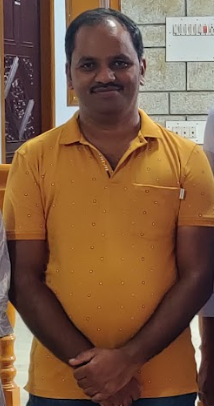
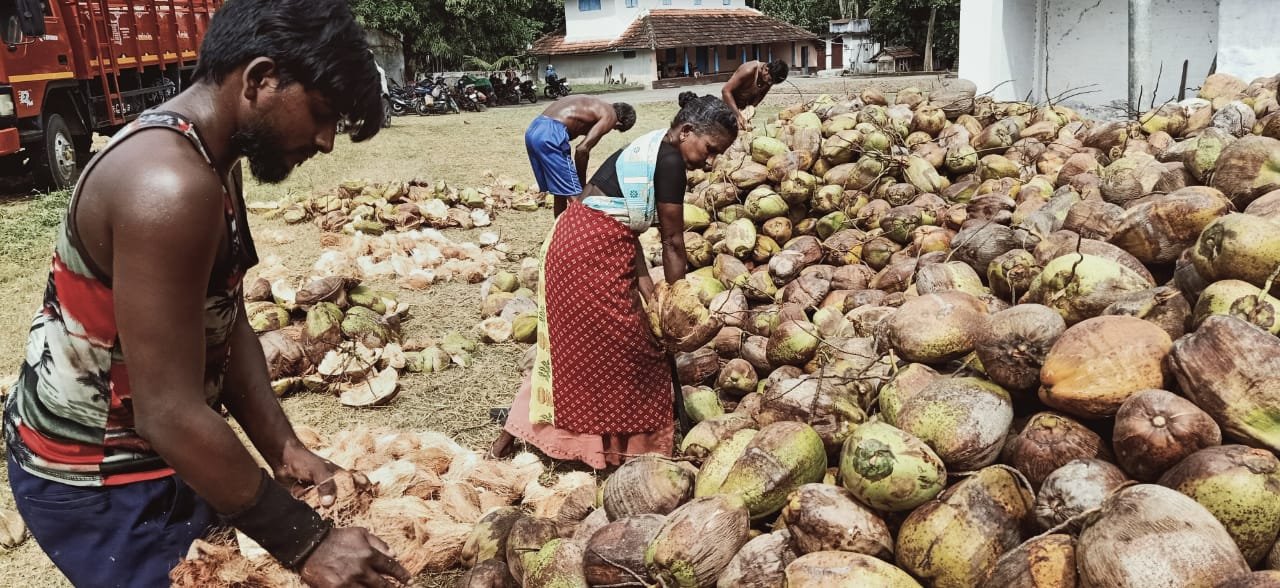
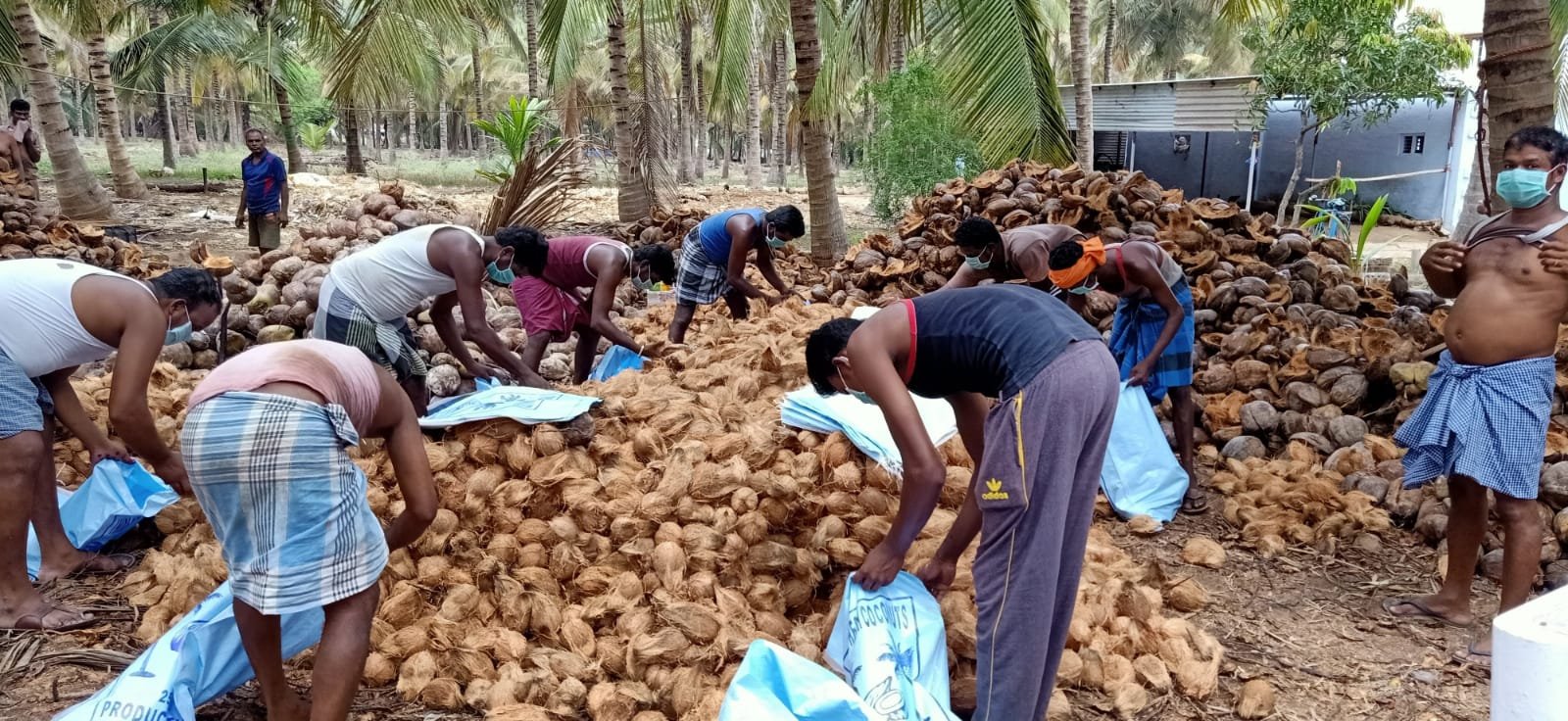
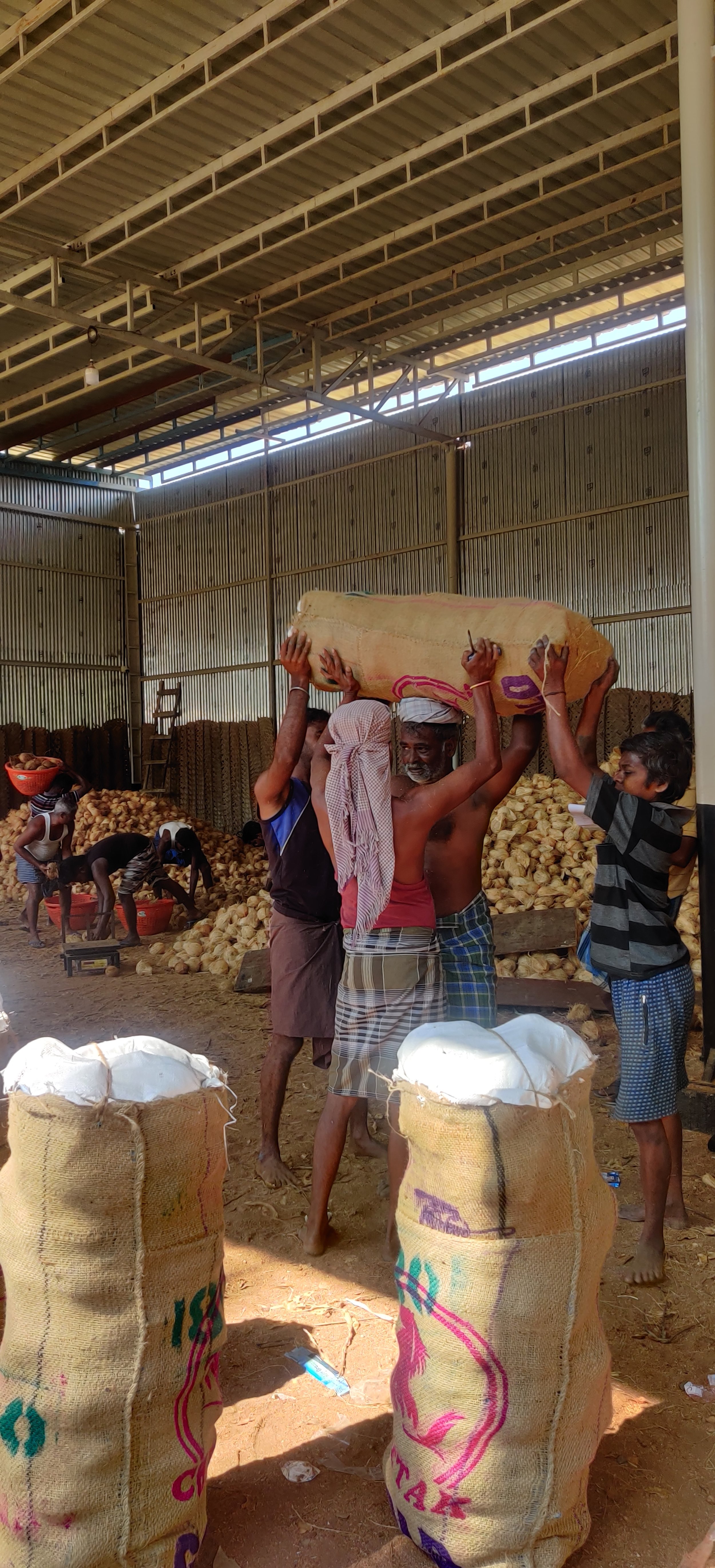
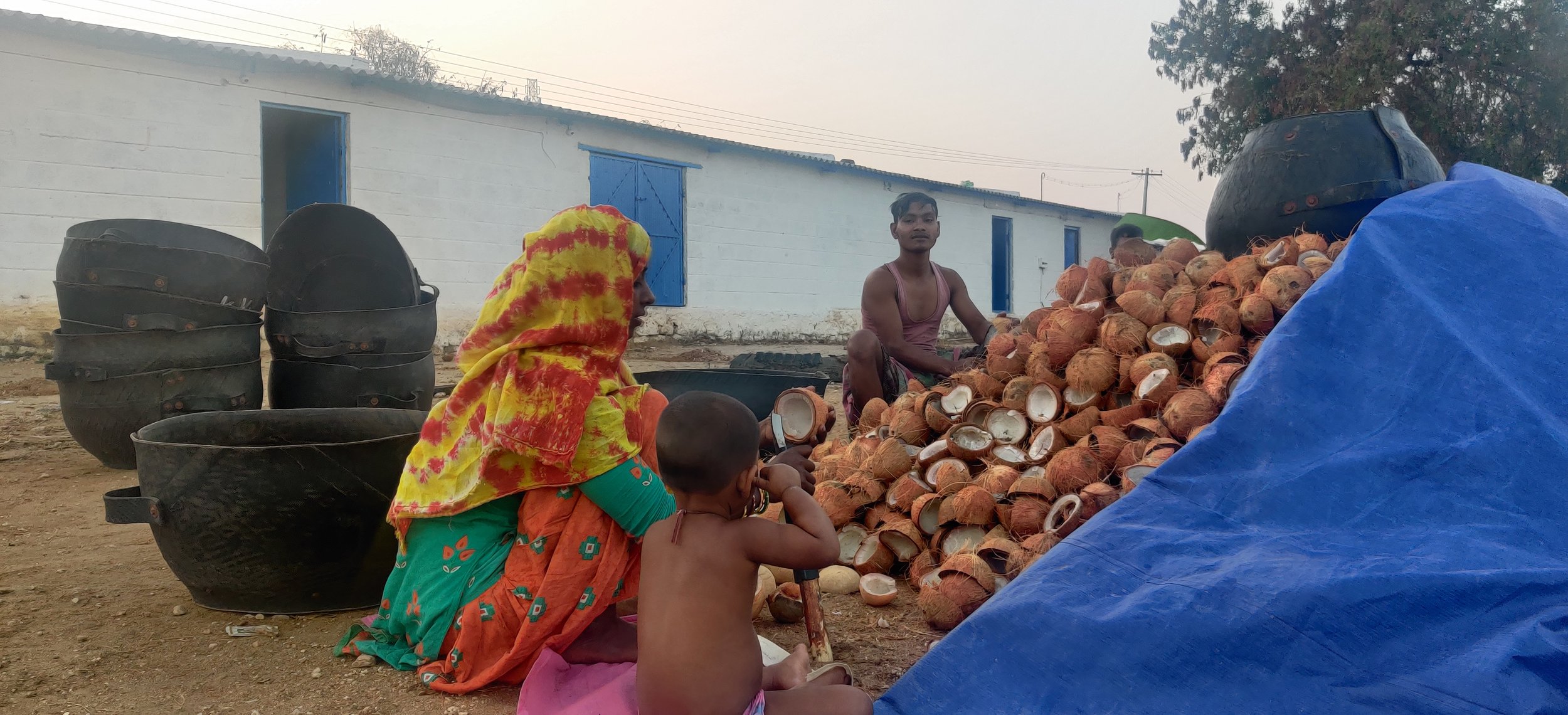












The Tribal Hermit is a social impact venture that works closely with 130+ Dhokra craft artisans from Kondagaon, Bastar, and Raigarh districts of Chhattisgarh to design, create, and sell their products.